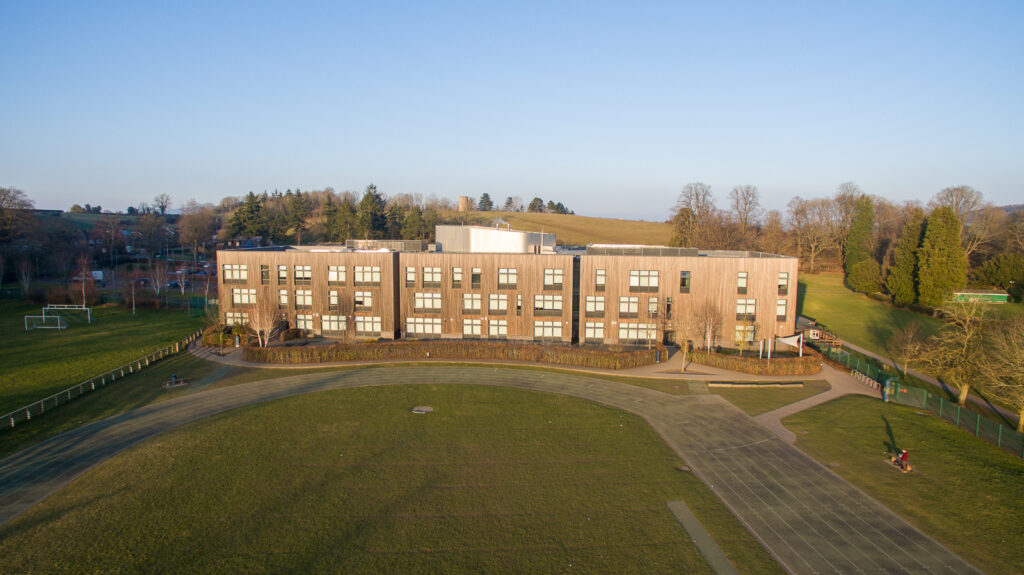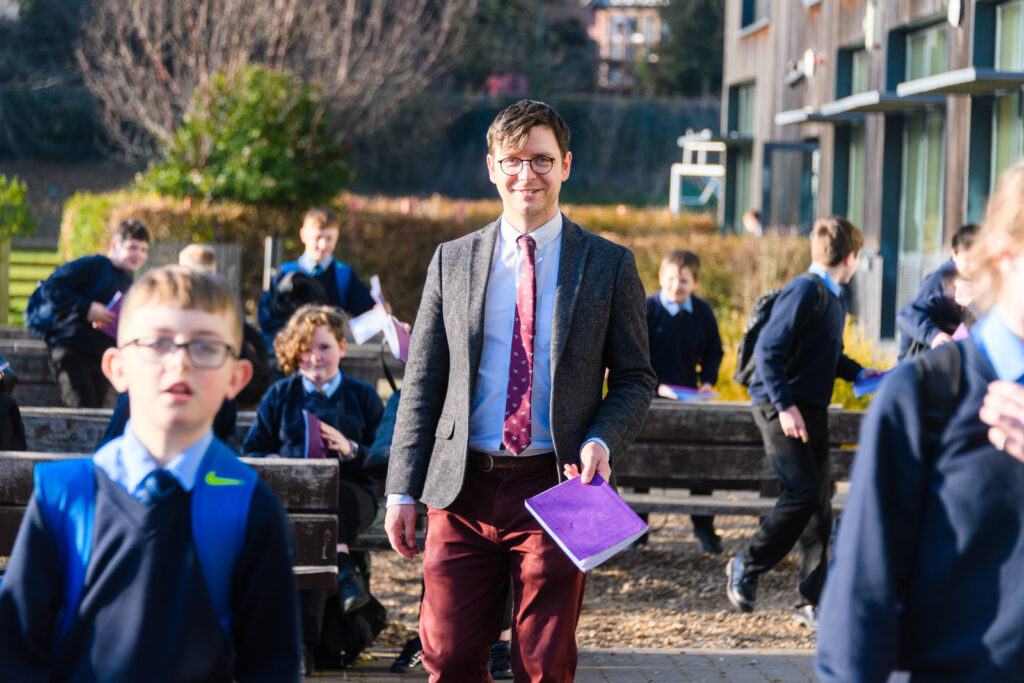Rewards and Sanctions: Fostering a Positive School Culture at William Brookes
Rewards
It is important to recognise and reward the hard work of our students and give visible and public recognition that working hard is recognised in our school community. Our school adopts the mantra ‘Catch them Good’ which reinforces the message that we would rather reward a student than sanction them. It is our pleasure to share a child’s success with their families and develop a sense of belonging and a culture of reward and recognition.
At Willliam Brookes School we use rewards to encourage appropriate behaviour; increase motivation; incentivise students; boost self-esteem; encourage healthy competition and improve student outcomes.
We also use House Points to recognise student achievement. These House Points are totalled regularly and accumulate towards Bronze, Silver, Gold and Platinum certificates and reward pins. House Points are awarded by individual departments to reward hard work, creativity and impressive progress. Coubertin Points are also awarded to students by staff for embodying the school values of kindness, excellence, hard work, friendship and respect.
Alongside our system of awarding House Points, students will also enjoy regular celebration assemblies and weekly Celebration Fridays. Students may also receive regular positive phone calls home from staff; positive postcards home and Headteacher’s awards.
Behaviour and Sanctions
Our approach to student behaviour and assigning sanctions is informed by Restorative Practice. At William Brookes School, we utilise a menu of punitive school sanctions which may include:
- Verbal reprimands
- Use of Buddy Rooms
- Restorative break time conversations
- Lunchtime and/or After School detentions
- Reintegration Room
- Suspensions
In order to ensure the smooth running of the school and maximise student understanding in the consequences of their own behavioural choices, we use school sanctions, as above. When apportioning sanctions, we take the needs and circumstances of the child into consideration. It is a legal requirement that we consider making ‘reasonable adjustments’ when sanctioning children with an EHCP, or those who are looked after children,
It is important when choosing to send your child to William Brookes School that families understand that alongside the utilisation of traditional school sanctions, we also employ a restorative approach. Restorative Practice is a way of working with negative student behaviours that puts the focus on repairing the potential harm or disruption that has been done. It is an approach to conflict resolution that includes all of the parties involved: students, staff and sometimes families and victims. With restorative practice, the focus is on reflection, conversation, education, resolution and positive next steps.
Our young people have the right to a school environment that offers guidance and advice from kind, forgiving, patient adults who have the students’ best interests at heart. They also have the right to an environment where reflection is facilitated and where they can learn from their mistakes. Teachers and students also have the right to be able to teach and learn free from interruption and disruption. Our students should look to the adults in their school lives to see professional behaviours modelled, to see how conflict can be resolved calmly and to see what respectful relationships look like.
A restorative approach is not an easy option for schools or students however this approach reflects the culture and needs of the school community we serve and produces more reflective young adults and more invested staff. Restorative Practice is more demanding of the child in terms of accountability and requires greater staff resource in terms of educating and guiding the child through the process.
Alongside the support put in place for those students that may make poor behavioural choices, either routinely or as a one-off, we also have a duty of care to a student who has been harmed or disturbed by the behaviour of another child. We are committed to working with these children too in order to support and mentor them as appropriate to the situation.
The Reintegration Room, in particular, is an environment where Restorative Practice and education are facilitated. Following a suspension, a student is also required to spend time in our Reintegration Room where the same level of developmental investment can be made in the child.



